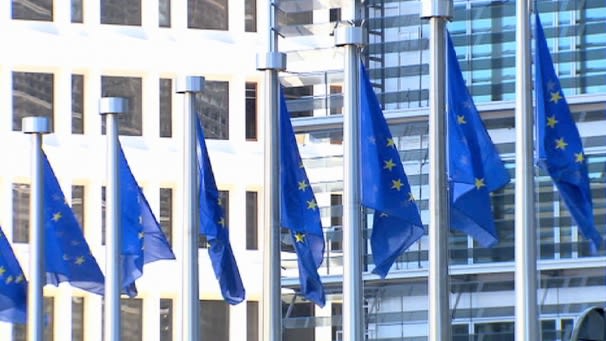Britain’s Serious Fraud Office is investigating money-market auctions launched by the Bank of England during the financial crisis, the central bank has said, dealing another blow to the City’s reputation.
The bank said that it had commissioned an inquiry into “liquidity auctions during the financial crisis in 2007 and 2008,” and had referred the results to the Serious Fraud Office (SFO) in November.
“Given the SFO investigation is ongoing, it is not appropriate for the Bank to provide any additional comment on the matter at this time,” the BoE said in a statement issued late Wednesday.
It is the first time that the central bank has been implicated in a criminal inquiry since the SFO was set up in 1987, while the development risks further damage to the City, the term used to describe London’s banking sector.
Liquidity auctions are held by the central bank to ensure commercial banks are not left short of cash, a particular concern during the financial crisis when assets were written down and customers threatened to withdraw vast sums of money following the collapse of lender Northern Rock.
In the auctions, banks can bid to borrow the cash for varying lengths of time, secured by different types of collateral.
In November, Britain’s Financial Times reported that the central bank was probing whether staff knew of or were involved in manipulating liquidity auctions.
The investigation by the SFO, a British government department that investigates and prosecutes complex fraud and corruption, comes in the wake of a scandal over the manipulation of exchange rates by currency dealers in major banks.
– ‘Series of misjudgements’ –
The SFO and the Financial Conduct Authority (FCA) have launched investigations into the alleged manipulation of the £3-trillion-a-day (4.6 trillion) forex market.
An internal inquiry to establish what BoE staff knew of the alleged fixing found a “series of misjudgements” by a senior member of staff, including the leaking of a confidential document and sending of inappropriate emails, governor Mark Carney told a parliamentary panel on Tuesday.

However, he declined to comment when asked about the liquidity auctions.
The chairman of parliament’s Treasury Committee Andrew Tyrie said that the central bank was right to refer the findings of the liquidity auction investigation to the SFO.
 “We must now await the outcome of the SFO’s work,” Tyrie said. “The sooner their findings are published, the better.”
“We must now await the outcome of the SFO’s work,” Tyrie said. “The sooner their findings are published, the better.”
The BoE was also accused of involvement in the Libor scandal, which saw banks including Barclays, UBS, The Royal Bank of Scotland, Deutsche Bank and JP Morgan hit with huge fines for fixing the rates that they lent to each other during the crisis.

Tucker strenuously denied the claims and three official reports cleared him of wrongdoing.
The battered reputation of Britain’s financial sector has plunged even further recently as banks reveal ever more provisions for settling fines and allegations that HSBC helped clients avoid tax and that it hid money for suspected criminals.
Related images:






























